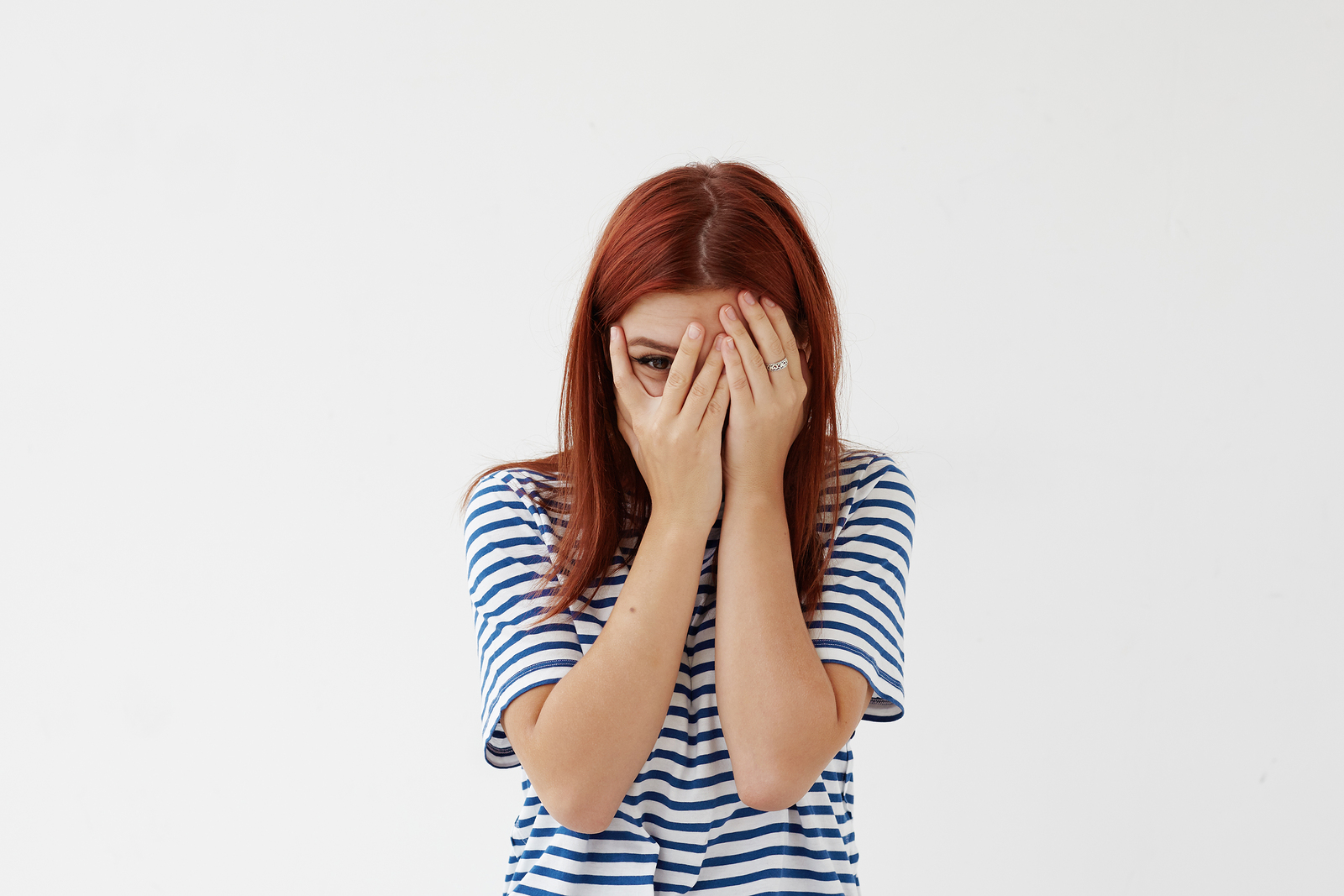- POSTED ON
- December 14, 2017
- BY GROWTH EXTENDED
Think about the times that take you most out of your comfort zone: a job interview, a blind date or even a party. Is it just shyness making you uncomfortable or something more?
If you have social anxiety disorder you aren’t just extremely shy. Shyness is a personality trait and a normal part of life for many people. However social anxiety is classified as a significant amount of fear, embarrassment or humiliation in social performance-based situations. It can be so bad that you could try to avoid them completely.
Social anxiety is intolerable for those who suffer from it, but it can be treated. Shyness does not require therapy and can be tolerable once you warm up and relax in many social situations. How can you tell if you are shy or if it’s more serious?
Dealing with Shyness
A shy person can find it irritating to deal with how reserved they feel in social settings but this doesn’t mean it negatively impacts their life. Shy individuals can still have great friends and enjoy an active social life. They are able to find ways around their shyness and do not need additional treatment or therapy.
Signs That You are a Shy Person
- Shyness makes it harder to talk to people you don’t know, but not impossible.
- It can be harder to speak up in a group unless you know all the people well.
- Being shy can cause other people to boss you around or take over.
- You may feel nervous in social situations but this subsides as you get more comfortable.
Social Anxiety: A Treatable Condition
Shyness is a form of social anxiety but social anxiety is an actual phobia that can reduce your quality of life and make it hard to be around other people. If you feel emotionally and physically disabled by a social situation you could have social anxiety disorder. Since it is hard to make and keep friends with social anxiety disorder, your day-to-day activities could be negatively affected.
Signs of Social Anxiety Disorder
- You blush, sweat, tremble and feel nauseous in social settings.
- Just thinking about the social function causes anxiety.
- The anxiety is so severe it can cause panic attacks.
- Interacting with anyone causes fear and doubt.
- Any perceived mistake can lead you to feel shame and become depressed.
- You overanalyze situations and might re-live past events while criticizing yourself.
- You feel negative about yourself and life is difficult.
Treatment Can Help
Social anxiety is a life-limiting condition. Often undiagnosed, it can be left to grow for years under the misconception that there is nothing you can do about it. Treatment for social anxiety can help you manage your symptoms and live a more positive life. Contact us to find out about our individual approach and get started today.
- POSTED IN Anxiety

